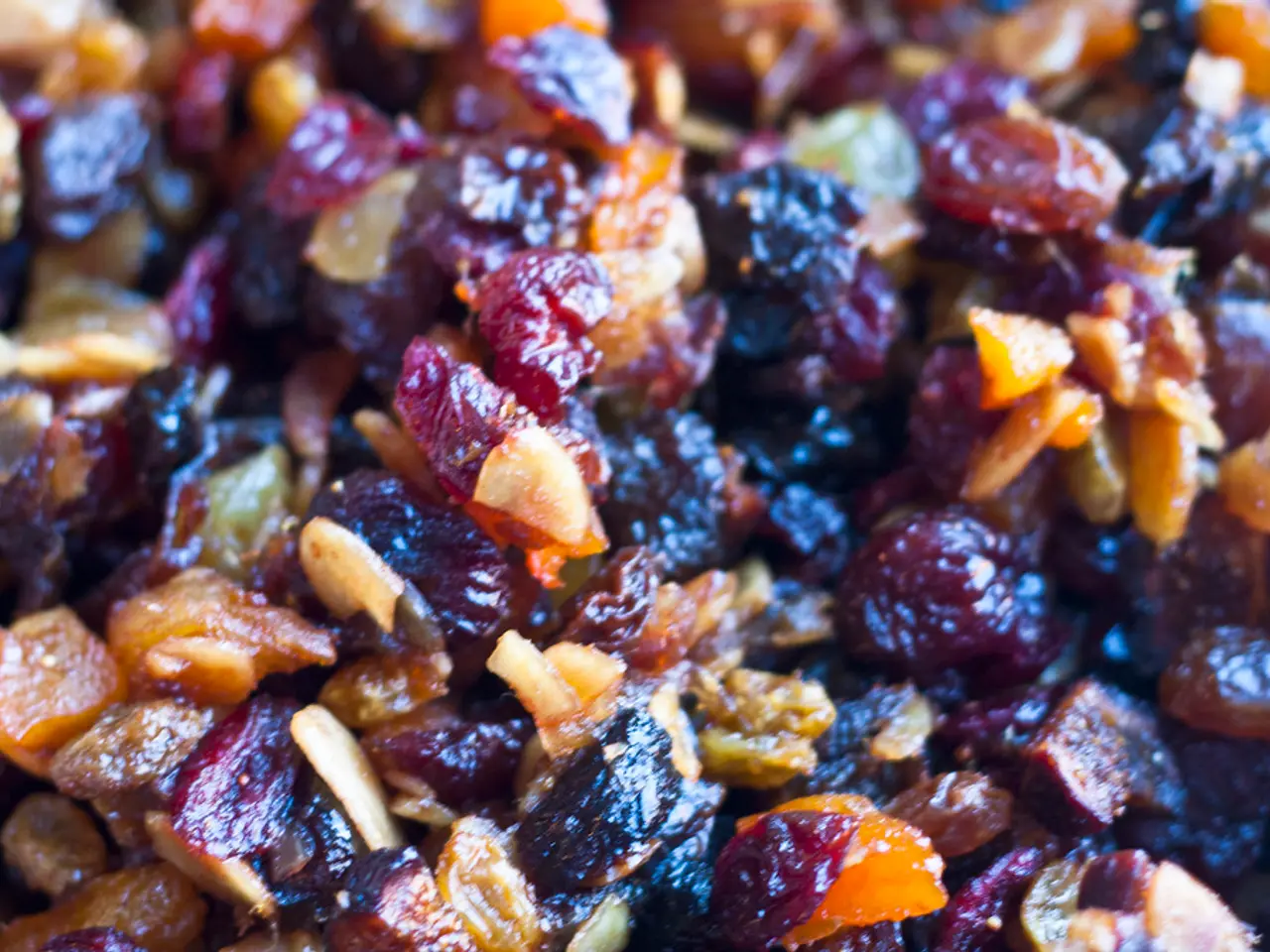Impact of Highly Processed Foods on Weight Loss and Health
Ultra-processed foods (UPFs) and minimally processed foods (MPFs) have become a common part of many diets, but their impact on health varies significantly.
Health Benefits of Minimally Processed Foods
Minimally processed foods, such as fresh fruits, vegetables, whole grains, lean meats, and fish, typically retain more of their natural nutrients, fibers, and beneficial bioactive compounds. These nutrients support cardiovascular, metabolic, and overall health.
Health Risks Associated with Ultra-Processed Foods
On the other hand, UPFs often contain high levels of added sugars, saturated fats, and sodium. Consuming these foods is linked to increased risks of obesity, type 2 diabetes, heart disease, neurodegenerative diseases, and even higher all-cause mortality.
UPFs are also associated with increased obesity, food addiction, anxiety, depression, and sleep problems due to poor nutrient profiles and potentially harmful additives or processing byproducts. Some processing techniques may generate harmful compounds, and packaging may introduce contaminants like microplastics.
While many UPFs are "junk foods," some, such as whole-grain breads and nut spreads, can be part of a healthy diet if low in harmful fats, sugars, and salt.
Benefits of Certain Ultra-Processed Foods
Food processing can offer benefits such as improved shelf life, affordability, convenience, and food safety by controlling microbial growth and reducing food waste. Some UPFs are fortified with nutrients and can help maintain year-round availability of certain foods.
How to Minimize Ultra-Processed Food Consumption
To reduce UPF consumption, it's recommended to choose whole and minimally processed foods such as fresh produce, whole grains, nuts, legumes, and lean proteins. Reading nutrition labels carefully, focusing on added sugars, saturated fat, sodium, and calorie content, is also crucial.
When selecting UPFs, opt for those with better nutrient profiles, such as certain whole-grain products or fortified foods. Planning meals and snacks ahead can help reduce reliance on convenience foods, and increasing intake of vegetables, fruits, whole grains, lean proteins can displace UPFs in the diet.
Being mindful of eating behaviors, such as eating slowly and recognizing feelings of satiety, can also help avoid excessive UPF consumption.
In summary, while some UPFs have practical benefits and can fit into a healthy diet if chosen carefully, minimally processed foods provide superior nutritional quality and lower health risks. Reducing UPF consumption by prioritizing whole foods and making informed choices about processed foods can help improve overall health outcomes.
[1] Fung TT, Hu FB. Ultra-processed diets cause excessive calorie intake and weight gain: an in vitro and animal model study. Am J Clin Nutr. 2016;103(4):981–992. doi:10.3945/ajcn.115.118565
[2] Monteiro CA, Cannon G, Rauber J, et al. No evidence for a beneficial role of ultra-processed foods and drinks in nutrition transition: an umbrella review of umbrella reviews. BMJ. 2019;366:l5442. doi:10.1136/bmj.l5442
[3] Hall KD, Berryman SE, Peterson KE, Gorman SM. Ultra-processed diet and cardiometabolic risk factors: a systematic review and meta-analysis of intervention trials. Am J Clin Nutr. 2015;102(4):737–746. doi:10.3945/ajcn.115.113630
[4] Aune D, Keum N, Giovannucci E, Fadnes LT, Boffetta P, Hu FB. Ultra-processed food intake and risk for incident cardiovascular disease, cancer, and all-cause mortality: systematic review and dose-response meta-analysis of prospective studies. BMJ. 2016;354:i6583. doi:10.1136/bmj.i6583
[5] Schulze MB, Fung TT, Hu FB. Ultra-processed food intake and weight change in US adults: a prospective cohort study. Am J Clin Nutr. 2019;109(5):1087–1096. doi:10.1093/ajcn/nqz161
Read also:
- Elderly shingles: Recognizing symptoms, potential problems, and available treatments
- Protecting Your Auditory Health: 6 Strategies to Minimize Noise Damage
- Exploring the Reasons, Purposes, and Enigmas of Hiccups: Delving into Their Origins, Roles, and Unsolved Aspects
- Various forms of cataracts include nuclear, pediatric, traumatic, and additional types





